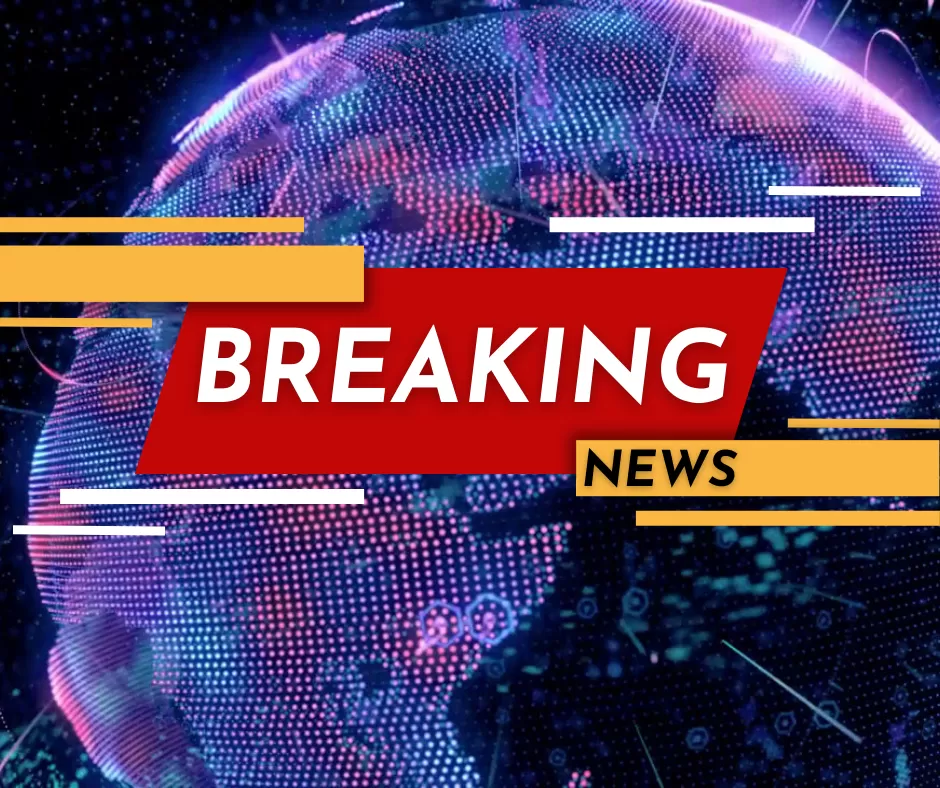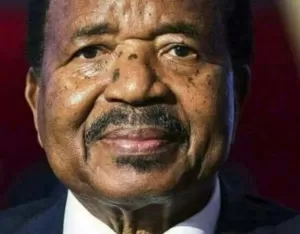President Bola Tinubu Signs New Minimum Wage Bill into Law

In a significant development for Nigerian workers, President Bola Tinubu has signed the new National Minimum Wage Amendment Bill 2024 into law. The signing took place at 2 pm in the Council Chamber of the Presidential Villa, Abuja, amidst a gathering of key political figures and representatives from various sectors.
The new law prescribes a minimum wage of N70,000 as monthly salary, which is reviewable every three years. This move marks a substantial increase from the previous minimum wage, reflecting the government’s commitment to improving the standard of living for the country’s workforce.
Among those present at the brief ceremony were Senate President Godswill Akpabio, Deputy Senate President, and other relevant National Assembly members, as well as members of the Federal Executive Council. This event signifies a collaborative effort between the government and the legislative arm to address the economic challenges faced by the working population.
The signing of the minimum wage bill into law comes after months of deliberations between government authorities, labour unions, and the private sector. This development is expected to have a far-reaching impact on the Nigerian economy, as it aims to boost the purchasing power of the average worker and stimulate economic growth through increased consumer spending.
President Tinubu’s decision to sign the bill into law underscores his administration’s focus on addressing the socio-economic needs of the Nigerian people. The new minimum wage is seen as a step towards alleviating poverty and improving the overall quality of life for millions of workers across the country.
However, the implementation of the new minimum wage may pose challenges for some businesses, particularly small and medium enterprises (SMEs), which are major employers of labor in Nigeria. The Association of Small Business Owners of Nigeria (ASBON) has expressed concerns about the impact of the increased minimum wage on the private sector, citing the current economic realities.
As the nation adapts to this significant change, it remains to be seen how the new minimum wage will affect the overall economy and the lives of Nigerian workers. The government’s commitment to reviewing the minimum wage every three years indicates a proactive approach to addressing the evolving needs of the labor force.
President Tinubu’s signing of the minimum wage bill into law is a landmark achievement that is expected to set the stage for improved economic conditions and a brighter future for the Nigerian workforce.







